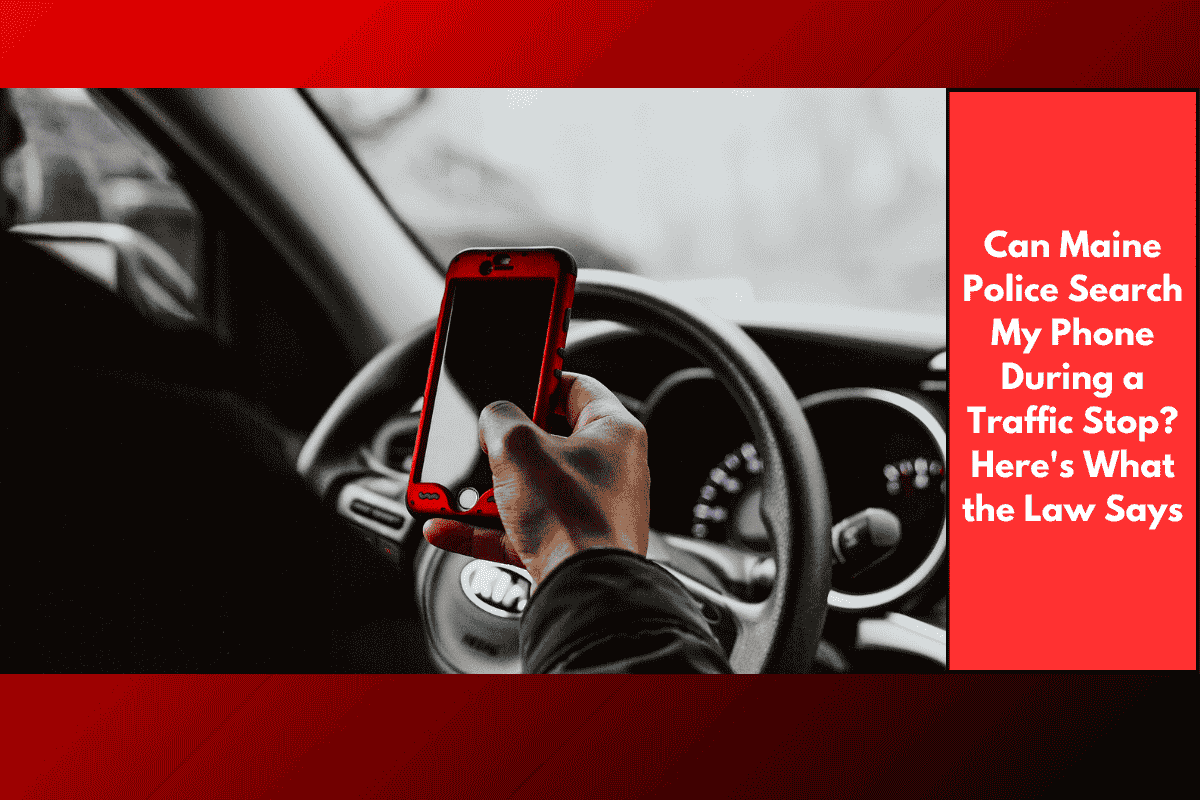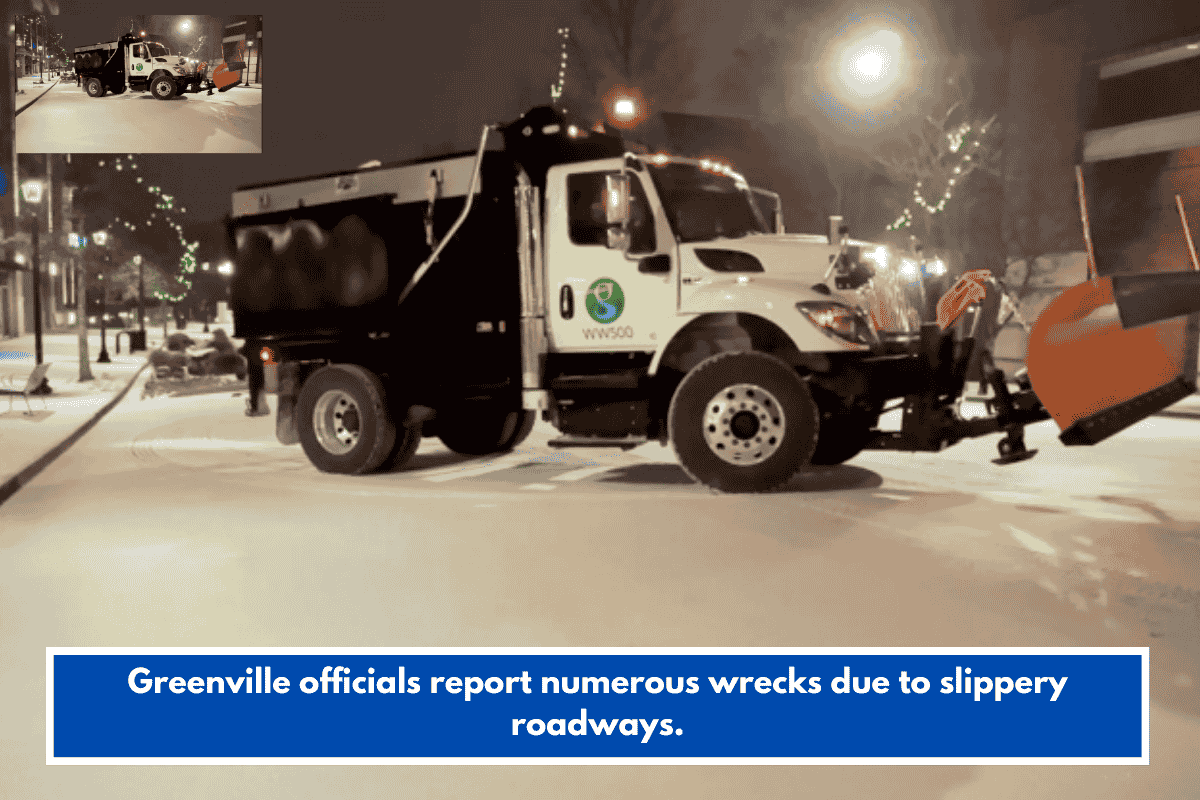When you’re pulled over for a traffic stop in Maine, you might wonder whether law enforcement has the right to search your phone. With so many personal and sensitive details stored on our phones, it’s a valid concern. Here’s what you need to know about phone searches during a traffic stop in Maine and your rights.
Can Maine Police Search My Phone Without Permission?
In Maine, as in most states, police cannot search your phone without your consent or a valid warrant unless there are specific circumstances that justify the search. The Fourth Amendment of the U.S. Constitution protects you from unreasonable searches and seizures, which includes searches of your electronic devices, such as your phone.
When Can the Police Search Your Phone?
While police need a warrant in most cases to search your phone, there are some exceptions where a search might be allowed without a warrant:
Consent: If you consent to the search, police can access your phone without a warrant. However, you have the right to refuse the search, and they cannot compel you to unlock your phone unless they have a warrant.
Search Incident to Arrest: If you are arrested, police may search your phone without a warrant if they believe the phone contains evidence related to the arrest. For example, if you’re arrested for a crime and police suspect your phone may have information about that crime (texts, photos, or calls), they could search it under the “search incident to arrest” exception.
Exigent Circumstances: In very specific and emergency situations, where there’s an immediate threat or risk of evidence being destroyed, police might search your phone without a warrant. However, these situations are rare and are generally subject to close scrutiny by the courts.
What Happens If Police Search My Phone Without My Consent?
If the police search your phone without a warrant and you didn’t consent, it could be considered an illegal search under the Fourth Amendment. Any evidence obtained in an illegal search could be deemed inadmissible in court under the exclusionary rule, which prevents unlawfully obtained evidence from being used in a trial.
If you believe your rights were violated during a traffic stop and your phone was searched illegally, you can challenge the search in court and file a motion to suppress the evidence.
Can Police Ask to Unlock Your Phone During a Traffic Stop?
In Maine, police generally cannot force you to unlock your phone during a traffic stop unless they have probable cause or a warrant. The law surrounding password protection is a bit complex, but typically, you do not have to provide your phone’s password or biometric data (fingerprint, face recognition) unless a court order or warrant compels you to do so.
However, if you voluntarily unlock your phone or give access to it, the police may examine the contents without a warrant. Remember, you always have the right to refuse to unlock your phone, and doing so may protect your privacy.
What Should I Do If Police Ask to Search My Phone?
If police ask to search your phone, you have the right to refuse unless they have a warrant or your situation falls under one of the exceptions listed above. Politely and calmly inform the officer that you do not consent to the search. If they insist or try to pressure you, you can ask if they have a warrant.
In Maine, police cannot search your phone during a traffic stop without your consent or a warrant unless special circumstances exist, such as arrest or exigent circumstances. Always be aware of your rights under the Fourth Amendment and understand that you have the right to refuse a phone search unless law enforcement has legal grounds to do otherwise. If in doubt, it’s best to politely assert your rights and seek legal advice if necessary.
SOURCES
[1] https://mywaynecountynow.com/can-maine-police-search-my-phone-during-a-traffic-stop-heres-what-the-law-says-2/
[2] https://mywaynecountynow.com/can-maine-police-search-my-phone-during-a-traffic-stop-heres-what-the-law-says/
[3] https://www.notguiltyattorneys.com/search-and-seizure-and-illegal-traffic-stops-in-maine/
[4] https://www.aclu.org/news/privacy-technology/supreme-courts-big-privacy-ruling-sent-message-will-judges
[5] https://legislature.maine.gov/statutes/16/title16sec648.html














